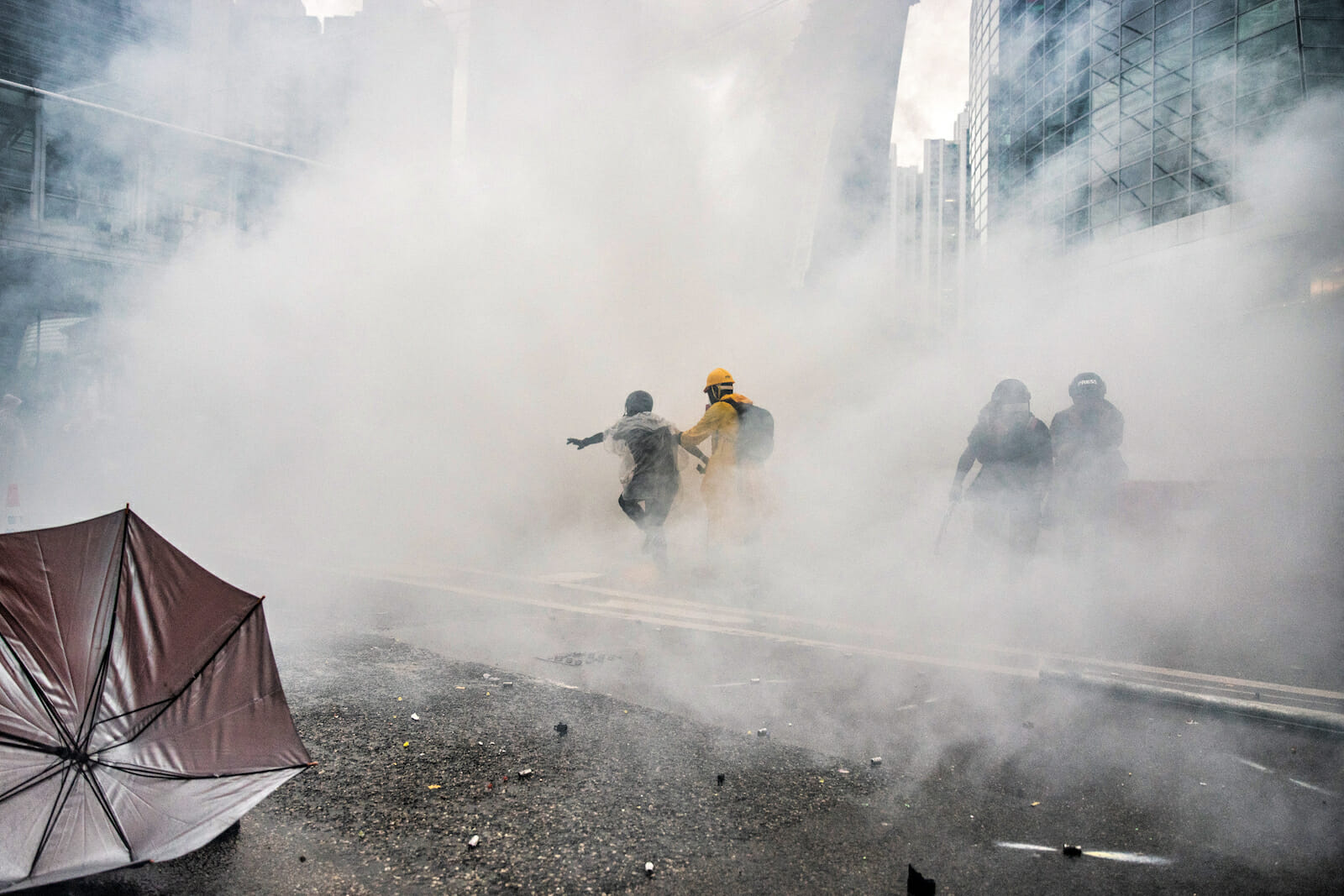
The West’s Disappointing Double Standards
More than a decade ago, when I came from China to study in the Lee Kuan Yew School of Public Policy at the National University of Singapore, I left with a deep appreciation for human rights.
I still vividly remember Kishore Mahbubani, the then-Dean, and the former president of the UN Security Council, sharing his collections of the West’s double standards on human rights, including numerous cases from the Middle East, Asia, Latin American and Africa. In his view, the reason behind such double standards were that “the West will take a moral stand only when its fundamental interest [are] not involved.” That has unfortunately been the hard truth.
Today, I would like to add some new cases involving my homeland of China to Kishore Mahbubani’s long list.
This November, China was asked by Australian Prime Minister Scott Morrison to formally apologize because of a digital illustration depicting a smiling Australian soldier slitting an Afghan child’s throat with a bloody knife. The cartoon in question was created by a Chinese artist based on an official report that Australian special forces killed 39 Afghan civilians and prisoners between 2009 to 2013.
In January, when China was suffering from the worst of the COVID-19 outbreak, a Danish newspaper published a satirical cartoon of the Chinese national flag with coronavirus-shaped symbols, but Danish Prime Minister Mette Frederiksen said at the time: “We have freedom of expression in Denmark – also to draw.” In 2005, a Danish newspaper published a cartoon of the Prophet Muhammad that offended many Muslims. Western artists are entitled to have such freedom to draw freely, but others cannot?
The second case is about demonstrations. In 2019, protests broke out in Hong Kong, but the West deliberately turned a blind eye to the violent crimes committed by the protestors. Rather, the U.S. passed the “Hong Kong Human Rights and Democracy Act” to show support for local separatists but condemned police officers for abusing their power.
In comparison, although this year’s Black Lives Matter protests across the U.S. were generally peaceful, President Donald Trump called those protestors “thugs.” Similarly, Western politicians and the media applied a totally different standard to anti-racism protests in London and demonstrations in Barcelona in support of Catalonian independence.
The third case is about terrorism. In March of 2014, a group of Uygur separatists killed 31 innocent people and injured 143 inside China’s Kunming railway station. Shockingly, many Western media outlets refused to identify the terrible event as a terrorist attack.
While China’s policies in Xinjiang have drawn the ire of the West, and rightly so, some Western countries are in fact introducing similar measures. For instance, the French cabinet recently approved a bill “supporting Republican principles” to tackle radical Islam. Anti-terrorism and de-radicalization are global challenges, but the West’s double standards on terrorism are damaging global efforts.
The West has applied double standards not only to China but also to many other non-Western countries. If the U.S. still believes in “American exceptionalism,” how could we expect it to treat us equally based on a universal standard? Double standards represent the West’s arrogance, while human rights and democracy have been hypocritically used as an excuse to sell the West’s own agenda and advance its own interests.
Historically, the West has been considered a beacon of human rights, but its deep-rooted and long-lasting ideology of double standards has continuously undermined this label. Instead of selectively preaching the belief of “everyone is equal,” it is better for the West to sincerely apply one single standard equally.

